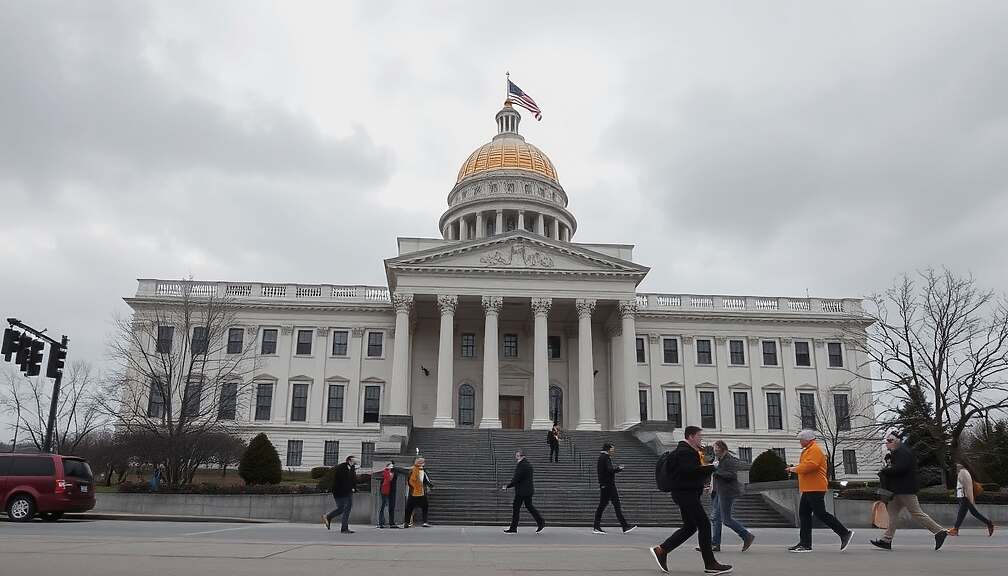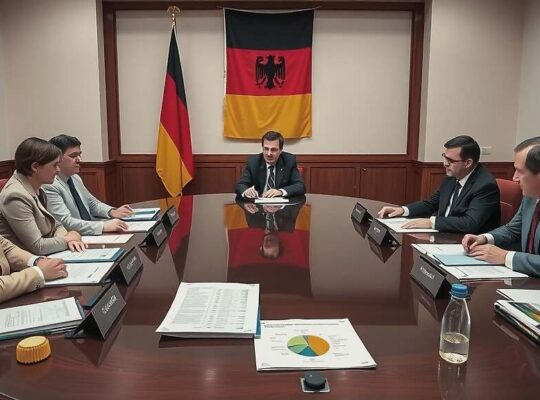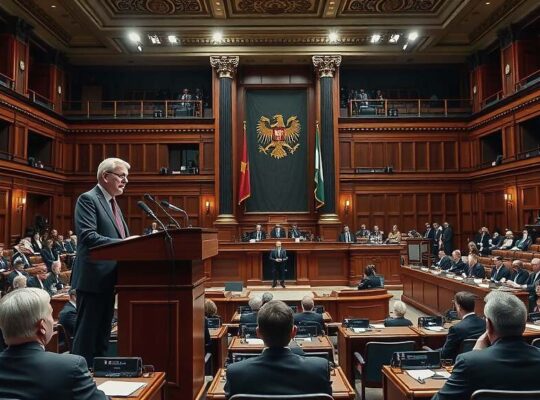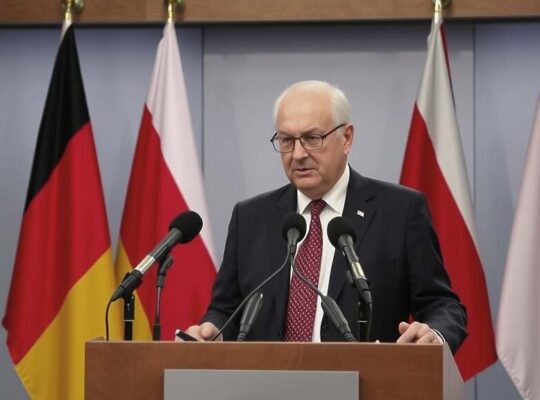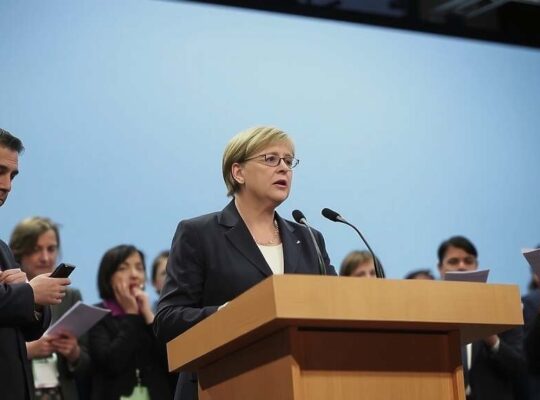The German government has postponed promised tax relief for the aviation industry, sparking criticism from both industry representatives and opposition parties. According to a statement released to the “Rheinische Post” the Federal Ministry of Transport confirmed that “no scope exists in the 2026 federal budget for the reversal of the air traffic tax increase”. The ministry indicated a possible effort to secure reductions during the 2027 budget planning process.
This deferral directly contravenes a pledge made by Chancellor Merz during the general debate on the 2026 federal budget, where he explicitly promised relief measures intended to bolster the industry’s competitiveness. Joachim Lang, CEO of the German Aviation Trade Association, voiced strong disapproval, emphasizing the urgency to restore the sector’s competitiveness and characterizing the situation as “five past twelve” for the German aviation industry.
However, the government appears willing to address a different cost issue more immediately. A ministry spokesperson confirmed ongoing review of the potential for reducing air navigation fees in 2026.
The planned reprieve for the aviation sector has drawn sharp condemnation from the Left party. Luigi Pantisano, the Left’s parliamentary spokesperson for transport, accused the government of being unduly influenced by lobbying efforts, labeling any tax reduction as a “climate-damaging subsidy”. Pantisano advocated for a radical shift in transport policy, demanding “all flights be relocated to the railway, with destinations reachable by train within a maximum of six hours” and calling for an end to subsidies for air travel in favor of prioritizing rail transport for both people and goods.
The air traffic tax increase, implemented in 2024, was initially intended to fill budgetary gaps and incentivize a transition to more environmentally friendly alternatives. This decision now comes under increased scrutiny given the transport sector’s consistent failure to meet its CO2 reduction targets since 2021, highlighting a potentially widening gap between government climate aspirations and sector performance. The delayed relief package raises questions about the government’s commitment to both supporting a vital industry and achieving its environmental goals.


